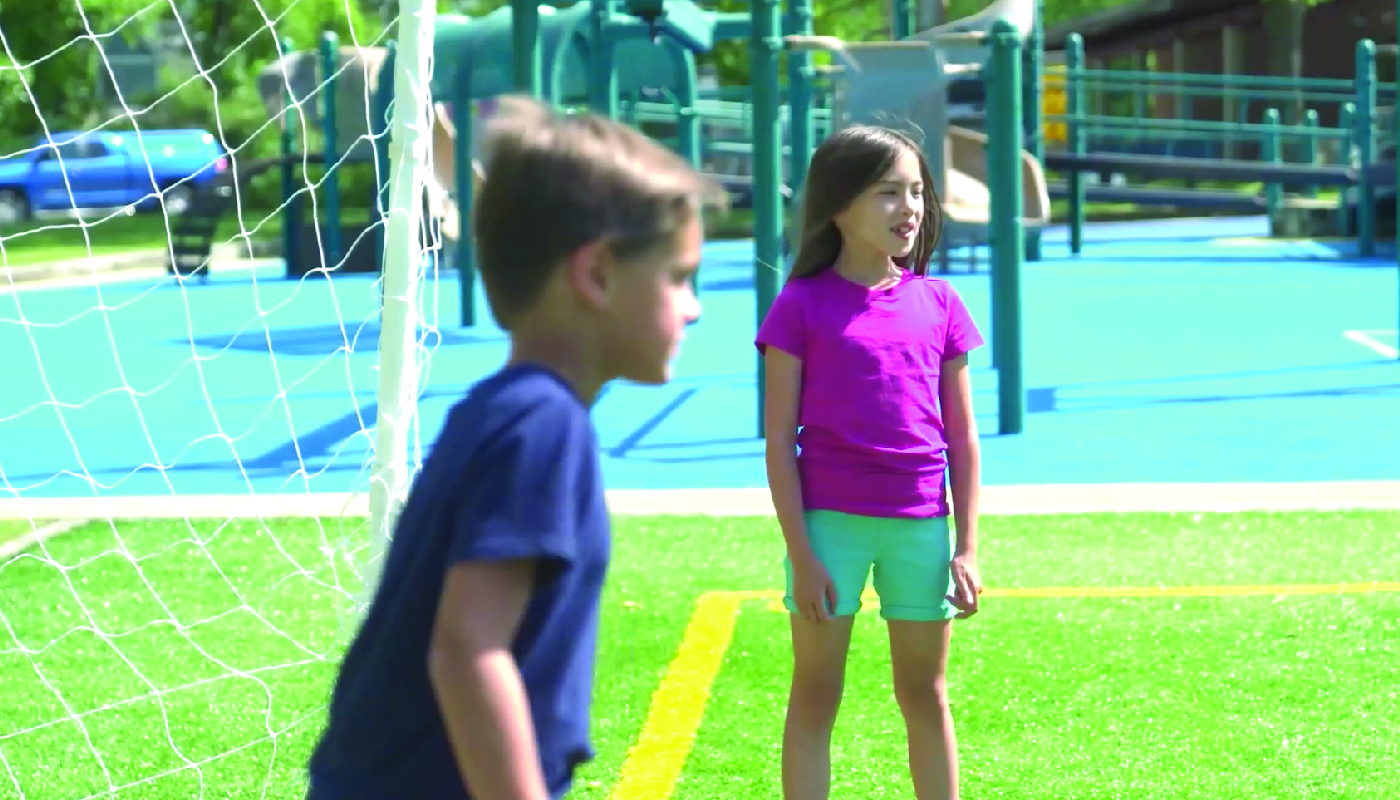
Introduction
Recess is a vital part of a child’s day, providing a break from the classroom and an opportunity to socialize, play, and develop important life skills. One of these skills is being a good sport. When children participate in games and activities, they may face challenges such as losing a game, missing a shot, or not getting their turn. Teaching them to be a good sport can help them maintain a positive attitude, follow the rules, support others, and accept losses without getting too upset. This blog post will explore an easy no-prep activity, discussion questions, and related skills to help educators teach students to be a good sport at recess.
No-Prep Activity
The “Good Sport Role-Play” is a simple activity that requires no preparation or materials from the educator. Divide the students into small groups and have them take turns acting out various recess scenarios. In each scenario, one student will demonstrate good sportsmanship, while another will display poor sportsmanship. The rest of the group will observe and provide feedback on the behaviors they observed. After each role-play, the group will discuss what could have been done differently to demonstrate good sportsmanship. This activity encourages students to think about and practice the behaviors associated with being a good sport.
Discussion Questions
- Why is it important to be a good sport at recess?
- How does being a good sport affect the way you feel about yourself and the way others perceive you?
- What are some examples of good sportsmanship that you have seen or experienced at recess?
- How can we encourage others to be good sports when they are struggling with losing or not getting their way?
- What can you do to improve your own sportsmanship during recess activities?
Related Skills
Teaching students to be a good sport at recess is just one aspect of social-emotional learning. Other related skills that can help students develop a well-rounded understanding of social interactions include:
- Conflict resolution: Learning how to address disagreements and find solutions that are fair to all parties involved.
- Empathy: Understanding and sharing the feelings of others, and showing support and compassion in difficult situations.
- Active listening: Paying attention to others when they are speaking, and responding thoughtfully to show understanding and respect.
- Resilience: Bouncing back from setbacks and maintaining a positive outlook even when facing challenges.
Next Steps
Teaching students to be a good sport at recess is an important aspect of their social-emotional development. By incorporating the no-prep activity, discussion questions, and related skills discussed in this blog post, educators can help students develop positive attitudes, follow rules, and support their peers during recess activities. To further explore these skills and discover other valuable resources for teaching social-emotional learning, sign up for free samples of skill-building materials at Everyday Speech.

